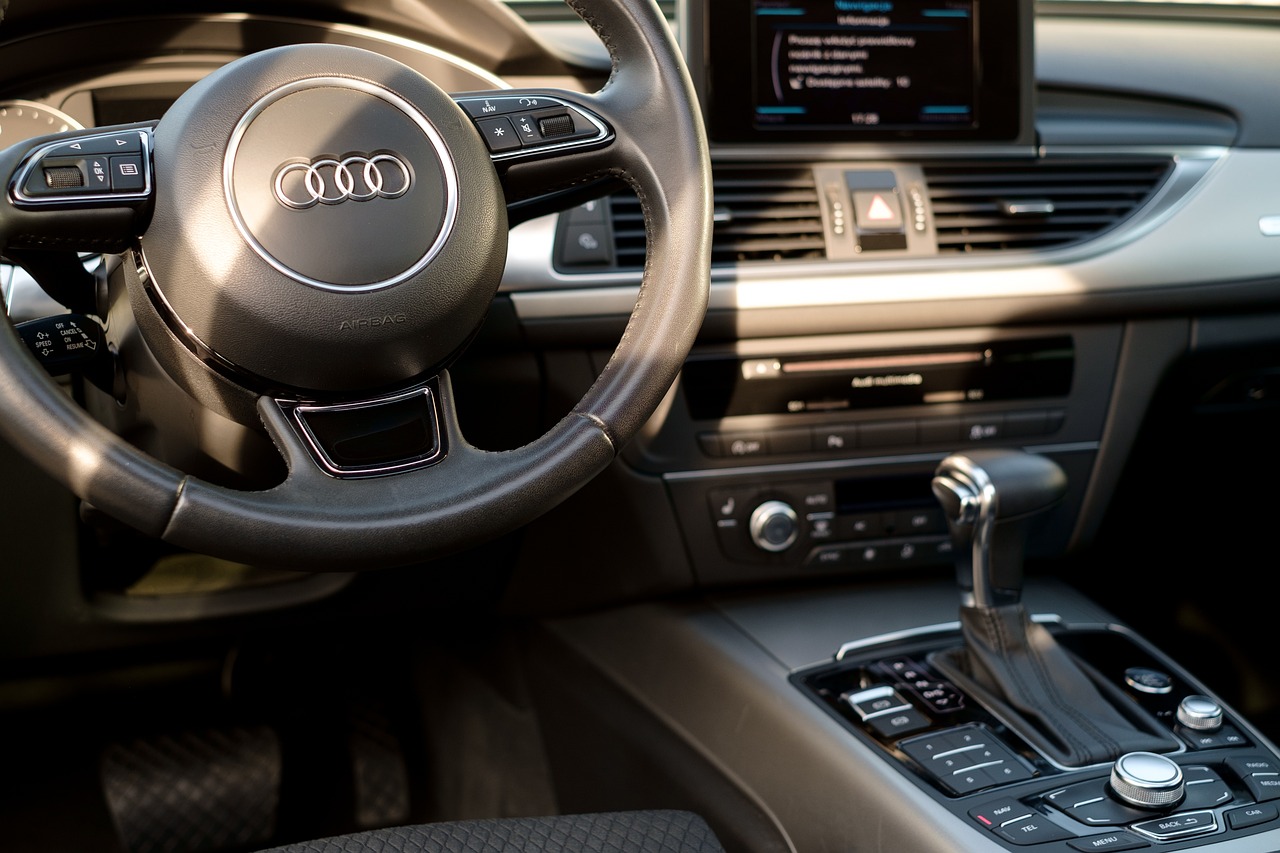Analyzing the Role of Blockchain in Securing Vehicle Identity and Ownership Records
Vehicle identity records play a crucial role in ensuring the authenticity and ownership of vehicles. These records contain vital information such as vehicle identification numbers (VINs), registration details, and ownership history. Securing these records is essential to prevent identity theft, fraudulent sales, and various other forms of illegal activities related to vehicles.
When vehicle identity records are compromised, it can lead to a range of negative consequences for both individual vehicle owners and the society at large. Unauthorized changes to ownership details could result in disputes over ownership rights, insurance fraud, or even misuse of vehicles for criminal activities. Therefore, implementing robust security measures to protect vehicle identity records is imperative to maintain the integrity of the automotive industry and safeguard the interests of vehicle owners.
• Unauthorized changes to ownership details can lead to disputes over ownership rights
• Insurance fraud may occur if vehicle identity records are compromised
• Misuse of vehicles for criminal activities is a risk when records are not secure
• Robust security measures must be implemented to protect vehicle identity records and maintain industry integrity
How Blockchain Technology Enhances Data Security in Vehicle Ownership
To enhance data security in vehicle ownership, blockchain technology offers a transparent and immutable system for storing information. By utilizing decentralized ledgers, blockchain ensures that ownership records cannot be altered or tampered with, providing a high level of security against fraudulent activities. This technology makes it easier to track the history of vehicle ownership, reducing the risk of identity theft and unauthorized transactions.
In addition to providing a secure platform for recording ownership data, blockchain technology also streamlines the process of transferring ownership between parties. Through smart contracts, ownership transfers can be executed automatically once predefined conditions are met, eliminating the need for intermediaries and reducing the potential for errors or disputes. This efficiency not only enhances the security of ownership records but also simplifies the overall management of vehicle ownership transactions.
Challenges Faced in Traditional Vehicle Ownership Record Systems
Traditional vehicle ownership record systems present numerous challenges in today’s digital age. One major issue is the risk of data tampering and fraud due to the centralized nature of these systems. When ownership information is stored in a single database, it becomes vulnerable to hacking and manipulation, compromising the integrity of the data.
Moreover, the lack of transparency and accessibility in traditional record systems makes it difficult for stakeholders to verify the authenticity of ownership records. This can lead to disputes over ownership rights, delays in transactions, and inefficiencies in the overall vehicle registration process. The rigid and siloed nature of these systems further exacerbates these challenges and hinders the seamless transfer of ownership information.
Why is securing vehicle identity records important?
Securing vehicle identity records is crucial to prevent fraud, theft, and tampering with ownership information. It helps in maintaining the integrity of ownership records and ensuring accountability.
How does blockchain technology enhance data security in vehicle ownership?
Blockchain technology provides a decentralized and immutable database that securely stores vehicle ownership records. This enhances data security by preventing unauthorized access, tampering, and forgery of records.
What are some challenges faced in traditional vehicle ownership record systems?
Some challenges faced in traditional vehicle ownership record systems include the risk of data breaches, lack of transparency, potential for errors in record-keeping, and difficulty in verifying the authenticity of records.







